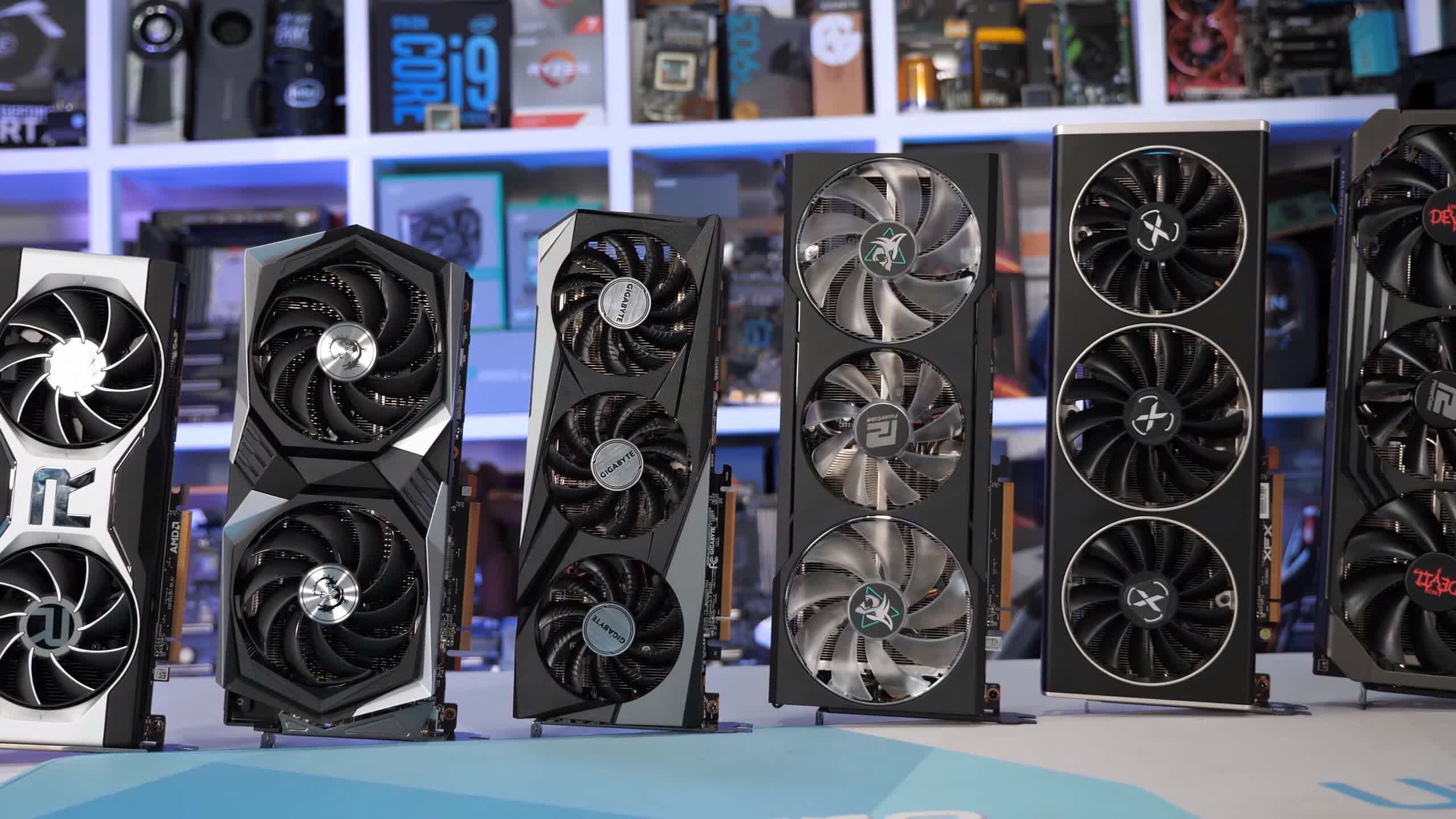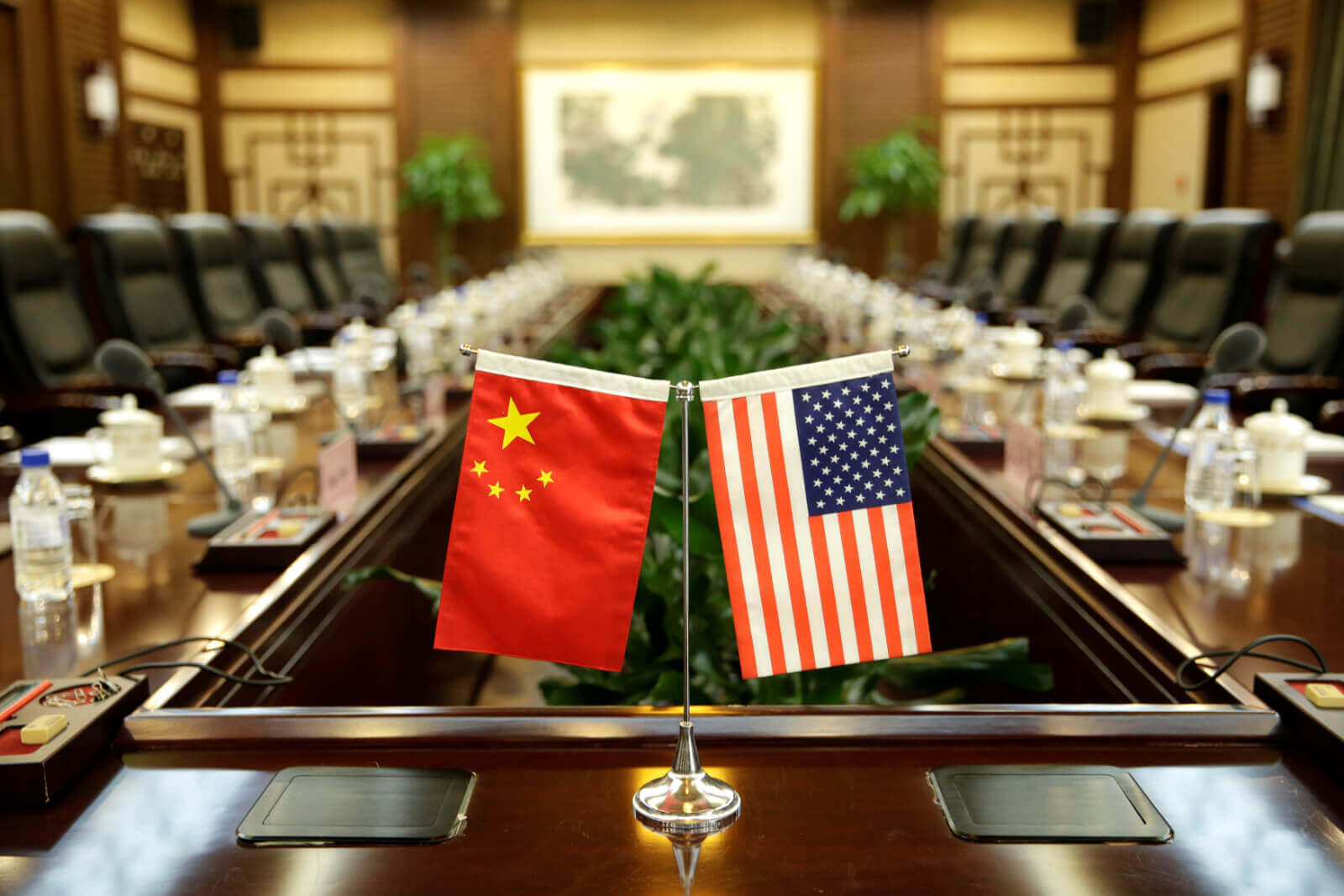The big picture: The Office of the US Trade Representative has extended tariff exemptions on certain PC components several times since the Trump administration recommended tariffs on Chinese imports in 2018. Although there are no signs of an eventual end to the trade action, PC hardware vendors can breathe a sigh of relief until the middle of next year.
After re-reading the USTR's latest decision regarding tariff exemptions on printed circuit boards (PCBs) imported from China, PCMag reports that they won't expire this week as previously feared. Reinstating the 2018 tariffs could have raised prices on graphics cards and motherboards by up to 25 percent, but the hikes have been delayed until at least May 31, 2025.
The Trump administration initially suspended the tariffs from September 2019 through January 2021. Their ensuing reinstatement likely contributed to the historic turbulence the GPU market suffered in 2022, when factors like supply chain shocks and cryptocurrency mining pushed prices upward.

Exemptions that the Biden administration enacted in that year, which covered PCBs among hundreds of other categories, were originally intended to last through the end of 2022. However, the USTR extended them to the end of 2023, and again to this week.
As the latest deadline drew near, PCMag initially reported that officials intended to maintain the tariffs, but missed the portion of the official announcement confirming a one-year extension to the exemption on PCBs. The document, written in dense legalese, doesn't specifically mention GPUs or motherboards, but rather PCBs falling under tariff codes 8473.30.1180 and 8473.30.5100, descriptors that include GPUs, motherboards, and desktop cases. PC hardware maker ASRock confirmed the delay.

Although the government has repeatedly passed the exemptions manufacturers and industry groups requested, there is no sign that the Biden administration plans to eliminate the tariffs. In fact, new tariffs on Chinese renewable energy products are approaching.
Cheap Chinese electric cars, such as the roughly $13,000 BYD Seagull, are one of the main targets of the expected trade action. Such vehicles could face 100 percent import tariffs, with US politicians citing concerns regarding national security and the competitiveness of American cars.
China currently dominates global renewable energy manufacturing in areas like EVs and solar panels. As a result, some fear that the new tariffs might complicate US climate goals.
